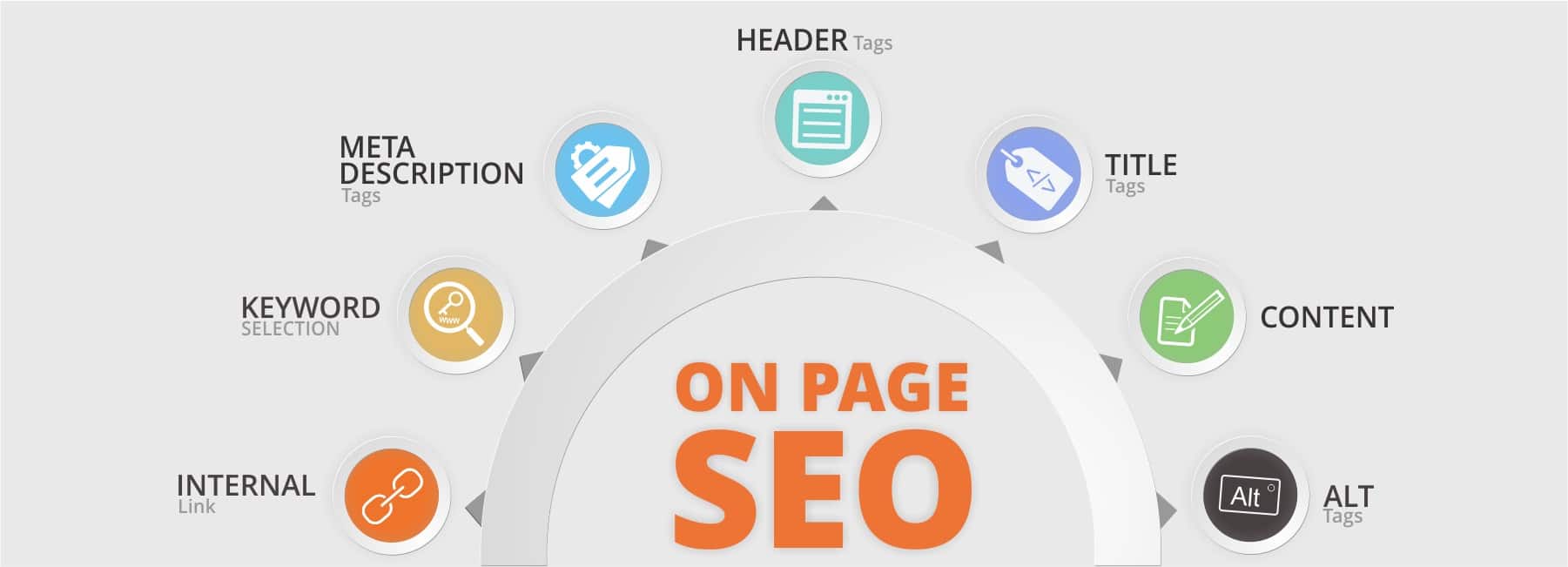What is internal SEO?
SEO is divided into three important parts: internal SEO, external SEO and technical SEO. The three SEO broadcasts are complementary to each other, and each of them has a significant impact on site performance. Internal SEO has important factors that must be followed to get a better ranking in Google results. In this article, we are going to talk about what is on-page seo or internal seo.
What is SEO on page or internal SEO?
Any activity that is done within the pages of the site to improve the site’s ranking in Google results is called internal site optimization or On Page SEO. Internal SEO is so important because by doing this, search engines like Google will have a better understanding of your site. The more the site has a better structure and the more interested users are, the more attention Google shows to that site.
This article is a good guide for internal SEO training or On Page SEO. Stay with us.
What is the difference between SEO off page and SEO on page?
All effective factors in on-page SEO or internal SEO are related to the elements inside your website. On page factors include technical structure (coding quality), written and visual content, and user-friendliness of your website.
On the other hand, off-page factors are related to things that are done outside your site, such as external link building, social media activity, and other marketing activities.
For more information, it is recommended to read the article on the external SEO of the site.
12 important factors in SEO
Now that you are familiar with on-page SEO, it’s time to start working on improving it on the site. Stay with us with SEO training.
1. The role of Meta Tags in improving internal SEO of the site
It can be said that one of the most important on page SEO factors are meta tags. Of course, some of them are not as useful as they used to be, but if you use them correctly, your website traffic will improve.
Meta tags help search engine bots to better understand the topic of your page.

Meta tags include:
- Title Tags : The title tag is one of the most important tags that you must write when creating a page. The title tag is what you show the audience with on the Google results page. You cannot write more than 70 characters in this tag.
- Meta Descriptions : Meta description is actually the summary text of your page so that the user knows what content he will encounter on this page. The length of this content should not be more than 170 characters to be displayed correctly in the search results and under the title tag. (To learn more about meta descriptions, read the article What is Meta Description )
- Robots : With this tag, you tell the crawling robots of Google whether to index your desired page or not










